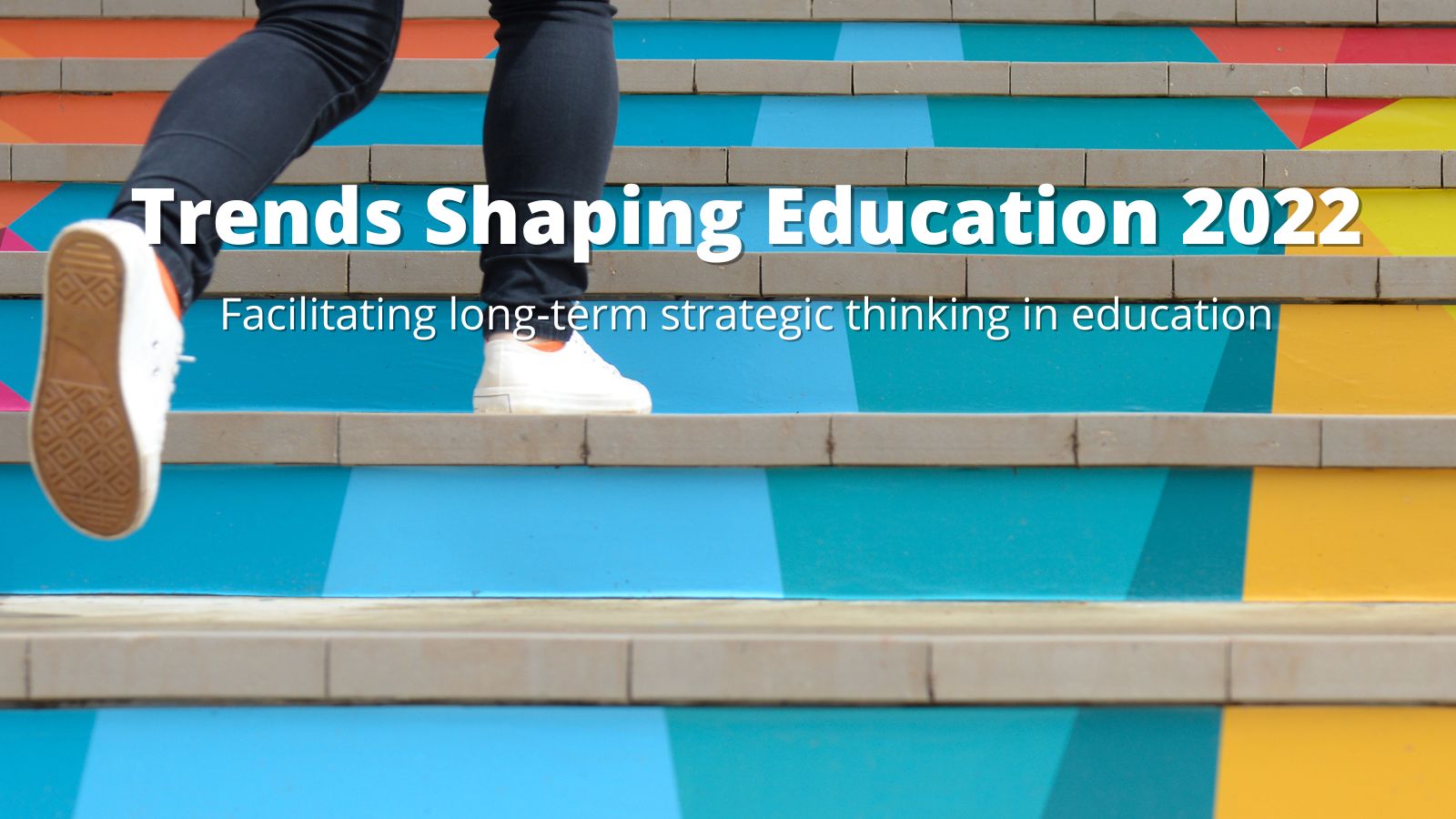
Does Higher Education Still Prepare People For Jobs?
Some people ask, “Does higher education still prepare people for jobs?” But is this true in any field? Leah Lykins, a former high school teacher and founder of WhereWeGo, answers the question in a personal way. While she didn’t have a college degree herself, she helped many young people find training and job opportunities that would improve their prospects. Whether the college experience is more than just a diploma, Leah believes it is important to get a job.
Why college is a good choice for wealthy families
The high cost of college is driving many wealthy families to look for ways to save money. One way is to invest a large lump sum of money into a 529 plan. This way, they can earn tax benefits without having to pay state or federal taxes. High-income families rarely qualify for need-based financial aid, which makes the need to save extra money even more important. By investing a lump sum in a 529 plan through a special five-year election, wealthy families can save substantial amounts of tax money.
Rich students are better prepared for college than the average student. They will generally have higher SAT/ACT scores and GPAs. These factors are important to colleges, which are ranked by US News. The wealthier students may also be willing to help underwrite the cost of a less well-off student. While these advantages are unquestionable, a wealthy child may also have access to a higher quality of education than a poor one.
Why it’s a bad choice for poor families
Low-income students have historically had a hard time fitting into the college equation, due in part to the ballooning cost of college and cultural differences. The problem has grown worse in recent years, however, and many students are being left out of the college experience because of these differences. While not all low-income students do not want to go to college, the vast majority of those who are poor are motivated to attend college. The lack of financial aid and educational resources is a significant hindrance for low-income students.
The cost of college varies greatly, and low-income students often find out too late that the costs are too high after enrolling. While rich students receive generous financial aid, low-income students are often left to pay a fraction of what the wealthy do. This is why many politicians feel pressure to keep college tuition low for the rich. This creates a vicious circle in which poor students are left with little or no resources to pay for their education.
It’s a good choice for low-income families
For decades, policymakers have tried to encourage low-income families to send their children to college. They have focused on financial aid and college subsidies, and some success has been achieved in motivating the less advantaged to pursue higher education. Currently, 90 percent of college-educated millennials view their job as a career path. In contrast, 40 percent of high school graduates view their current job as simply a paycheck. Higher-educated people also report better health and longer life spans than those with only a high school education.
Yet, the reality for many low-income students is that they face many challenges when applying to college. According to the Jack Kent Cooke Foundation, a study of a group of high-achieving low-income seniors found that nearly one-third of those students did not apply to college. Moreover, 23% of those students applied without the help of a college counselor, while another four percent never visited their top choices. Clearly, the economics of higher education have not been working in the best interest of low-income students.
It’s a good choice for community college students
For some people, a community college is a great place to start their educational journey. Not only do they offer transferable credits, but they also offer relevant skills for future career options. Moreover, students can learn from seasoned professionals. They will be taught applicable skills by people who have worked in the same field for many years. This way, a community college education will give them a leg up on the competition.
While a community college can provide an excellent foundation for career preparation, it can also provide students with a limited budget. Many jobs require a certificate or associate’s degree, and community colleges can be the perfect fit for students on a budget. Community colleges are also a great place to try out different fields, and the smaller classes may allow for a less competitive atmosphere.
